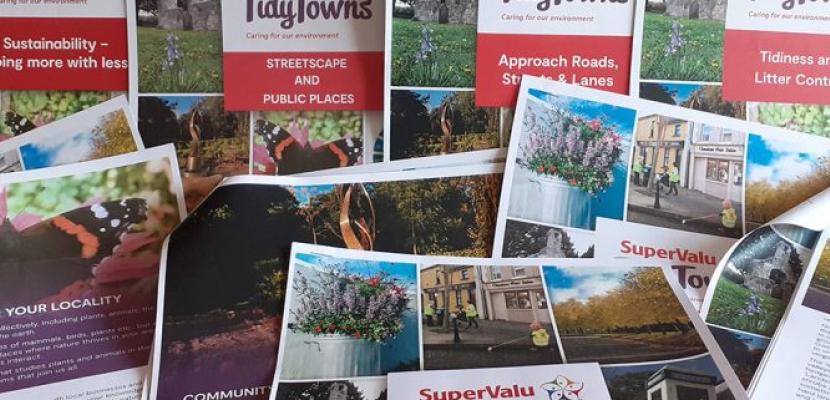
Tidy Towns

About this good practice
The Tidy Towns initiative in Ireland was introduced in 1958 to address growing concerns about environmental degradation, littering, and a lack of civic pride in towns and villages. Post-war urbanisation and economic change had begun to impact the appearance and vitality of rural and urban communities. The initiative emerged as a proactive solution to encourage sustainable community development, environmental stewardship, and pride in place.
The practice achieves its objectives by promoting voluntary local action in areas such as cleanliness, biodiversity, waste management, and the built environment. It is implemented through an annual national competition managed by the Department of Rural and Community Development, supported by sponsors like SuperValu. Towns and villages form local committees, mobilising volunteers to undertake improvement projects. Judging is based on a comprehensive set of criteria including sustainability, landscaping, community involvement, and heritage.
The main stakeholders include local community groups, residents, local authorities, schools, and businesses, all of whom contribute to the planning and delivery of activities. The key beneficiaries are the communities themselves, who experience enhanced quality of life, increased tourism, and improved environmental conditions. Nationally, Tidy Towns fosters a culture of civic responsibility and sustainability, making it one of Ireland’s most successful and respected community initiatives.
Resources needed
The competition is volunteer-led. However, local communities can avail of a grant up to €1000 from their local authority. Local fundraising and sponsorship to purchase materials is permitted. All work is voluntary. A prize fund of €300,000 is distributed amongst the winners of each category
Evidence of success
Tidy Towns has grown into one of Ireland’s most successful community initiatives, with a steadily increasing number of entrants each year (52 to 804). This rise reflects its wide appeal and the impact of its volunteer-led model in promoting cleaner, more sustainable, and vibrant communities. The competition has strengthened civic pride, enhanced local environments, and supported biodiversity, making it a key driver of grassroots action and long-term community development across Ireland.
Potential for learning or transfer
The Tidy Towns initiative presents strong potential for learning and knowledge transfer through its structured, community-based approach to environmental enhancement and civic engagement. It promotes the sharing of best practices in sustainability, waste management, biodiversity, and urban planning. Communities benefit from detailed adjudication reports, workshops, and networking events that facilitate the exchange of ideas and practical solutions. The involvement of schools, local authorities, and volunteer groups further supports capacity building and intergenerational learning. As a replicable model, Tidy Towns provides a framework that can be adapted in other regions seeking to foster community-led development. Its long-term success demonstrates how grassroots initiatives can drive collective learning, strengthen local governance, and contribute to national policy objectives in environmental and community development.
Further information
Good practice owner
You can contact the good practice owner below for more detailed information.

